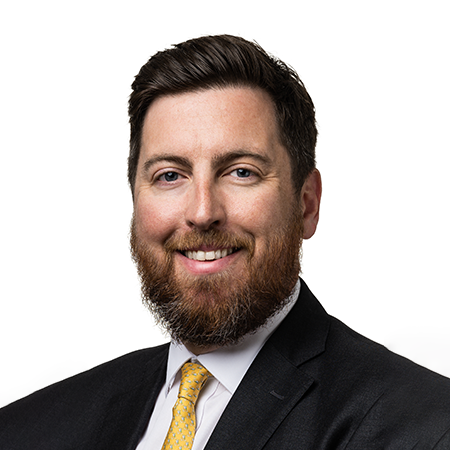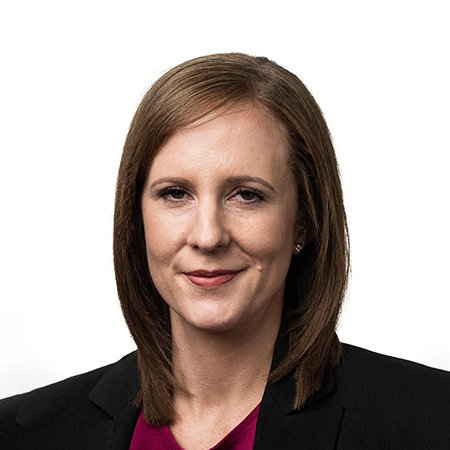Overview
The medical profession received some welcome news in the lead up to the end of the financial year, with RevenueSA announcing the introduction of a temporary six-year payroll tax amnesty in respect of amounts paid to contracted general practitioners (GPs) across South Australia. The amnesty applies for the period spanning the financial years ending 30 June 2019 to 30 June 2024.
The amnesty, which was approved by the Treasurer on 22 June 2023, is designed to incentivise and support medical practices to become compliant with their payroll tax obligations.
Up until now, many medical practices across South Australia have not been paying payroll tax on payments made to GPs who provide services at those practices.
However, following the interstate payroll tax decisions in Thomas and Naaz v Chief Commissioner of State Revenue [2021] NSWCATAD 2591 and Commissioner of State Revenue v The Optical Superstore Pty Ltd [2019] VSCA 197, such practices are now at high risk of finding themselves having underpaid payroll tax on such payments. This is because those decisions – whilst dealing with interstate legislation – likely have implications in South Australia given the harmonisation of payroll tax legislation across Australia.
Concern about the application of these decisions in South Australia has prompted professional bodies like the RACGP to campaign the State Government for payroll tax relief and has led to the introduction in South Australia of a payroll tax amnesty, similar to that implemented in Queensland recently.
The amnesty provides eligible medical practices with protection from payroll tax on payments to contracted GPs made since 1 July 2018, and may offer eligible practices a refund in certain circumstances where the payroll tax has already been paid on the payments.
For medical practices who have not been remitting payroll tax on payments to contracted GPs, the amnesty provides the practices with time to review their arrangements, seek advice, and implement necessary changes to ensure future compliance with their payroll tax obligations.
Importantly, however, the amnesty is not an exemption from payroll tax. The amnesty is only available where eligibility requirements are satisfied and relies on the medical practice making a voluntary disclosure regarding any underpayment of payroll tax and continuing to comply with its payroll tax obligations going forward.
Who does the amnesty apply to?
The amnesty is open to medical practices that meet all of the following requirements:
- are employers for payroll tax purposes who conduct a medical centre business (as set out in Revenue Ruling PTASA003);
- either:
- meet the criteria for payroll tax registration but are not registered for payroll tax in SA and make payments to contracted GPs; or
- are registered for SA payroll tax but are not declaring payments to contracted GPs in their payroll tax;
- submit an expression of interest to RevenueSA by 30 September 2023;
- make a voluntary disclosure and, if not already registered for payroll tax, register for SA payroll tax by 30 June 2024; and
- comply with their ongoing payroll tax obligations after making the voluntary disclosure.
However, medical practices will not be eligible for the amnesty in any one of the following circumstances:
- the practice did not make payments to contracted GPs during the amnesty period;
- the practice commenced operation or making payments to contracted GPs on or after 22 June 2023;
- the practice has been lodging and declaring payments to contracted GPs in their SA payroll tax returns before 22 June 2023;
- the payments to the GPs are exempt for payroll tax purposes;
- the medical practitioners are not GPs; and
- the GPs are common law employees of the medical practice.
When does the amnesty start?
Expressions of interest for the amnesty are open now and close 30 September 2023. As noted above, medical practices accepted into the amnesty will receive a reprieve from payroll tax on payments to contracted GPs from 1 July 2018 until 30 June 2024.
The amnesty requires medical practices to comply with their obligations from 1 July 2024.
How do I apply?
A medical practice that wishes to be part of the amnesty must lodge a registration / expression of interest form with RevenueSA by 30 September 2023. Medical practices that are grouped for payroll tax purposes need to submit separate expressions of interest.
Once the registration period has closed, RevenueSA will contact each medical practice with details about the requirements for the amnesty. Medical practices will then have until 30 June 2024 to review their arrangements, register for payroll tax and make a voluntary disclosure to RevenueSA.
To constitute a valid voluntary disclosure, the information provided by a medical practice needs to contain sufficient information for RevenueSA to assess the practice’s eligibility for the amnesty and determine its payroll tax obligations. This generally requires the practice to provide annual wage and payment information.
How can we help?
The announcement of the amnesty coincides with the release by RevenueSA of payroll tax ruling PTASA003, highlighting the various provisions which could apply to treat payments to medical professionals as ‘wages’ for payroll tax purposes.
The ruling and amnesty thus make it clear that medical practices can expect increased scrutiny of their payroll tax compliance (and possible audit activity if they are not part of the amnesty).
All practices are therefore strongly urged to seek a review of their structures and payroll tax profile, particularly in light of the release of PTASA003 and any exemptions that may be available.
The incentives offered by the amnesty are generous – but applying for the amnesty requires medical practices to act quickly before the 30 September 2023 deadline expires. Medical practices should therefore also seek advice regarding their eligibility for the amnesty as soon as possible.
Our tax law experts have deep experience with state payroll tax and tax planning for medical practices and are able to help practices consider the effect of the new payroll tax measures on their businesses.
Please contact us today if you would like any help with these matters.
This article was written by Timothy Stokes, Partner, Jesscia Pengelly, Special Counsel, Anthony Centofanti, Law Graduate and Rebecca Gibbons, Law Graduate.
1 See also Thomas and Naaz Pty Ltd v Chief Commissioner of State Revenue [2022] NSWCATAP 220 and Thomas and Naaz Pty Ltd v Chief Commissioner of State Revenue [2023] NSWCA 40


